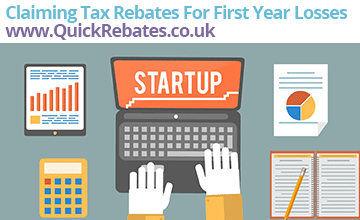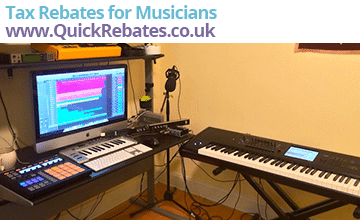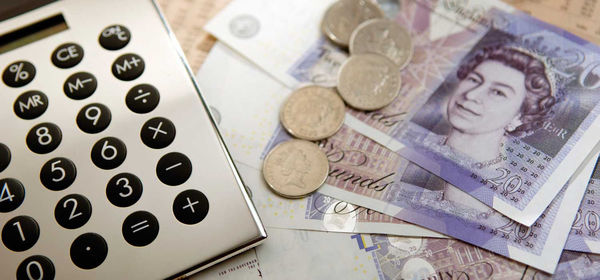What is a Freelancer?
A freelancer is an individual that works for a number of contractors, companies and organisations. Someone freelancing may offer consultancy, management or other technical skills. Freelancers are usually contracted in by the organisation to assist with particular projects, or perhaps even to cover temporary shortfalls in staff.
Like other self-employed people, freelancers are required to file annual self assessment Tax returns declaring their sources of Taxable income. The same rules generally apply, but there can be other exceptions and complications, IR35 being a common problem in the freelance industry.
IR35 applies when it is deemed that you are using a Tax vehicle, such as a limited company to unfairly reduce your Income Tax and National Insurance contributions payable. It is a problem for those freelancers that without the intermediary would normally be viewed as employed by the contractor.
What Freelance Records Should I Keep?
Like with other businesses, maintaining good records is essential to avoid further headaches at a later date. What you must remember that invoices and receipts are commonly required by HMRC to backup your Tax expense claim. Bearing in mind that top rates of Tax can be 45%, this essentially means that a receipt or invoice for £100 can be worth £45 in your hands.
On this basis, it is advisable that you keep some form of accounting system, whether it’s on spreadsheet or a manual cash book. These records should be maintained at least once every week so that the expenses are in your memory and can be recorded and claimed in full at a later date.
It is surprising how many expenses go unclaimed because the receipts or invoices were not kept back or recorded. This would apply for motoring costs, tools, equipment, stationery expenses. They might appear to be small and insignificant at the time, but over the years they could be saving you thousands in Tax and National Insurance costs.
What do I Need to Prepare my Freelance Tax Return?
Tax returns are prepared every year covering the period from 6th April to 5th April. You should make sure you have details of all your income and expenditure for the same period, including:
- Sales invoices raised
- Copies or records of expenses incurred
- Details of any assets acquired in year, for example computer equipment, or tools for your trade
- Details of any other income received, such as dividends, rental income, or investment income
- Notes of allowances you may be entitled to claim
Like with anything else, the more information you have to hand, the easier you will find the preparation and submission of your Tax return.
What if I'm Also Employed Under PAYE?
It is not uncommon for people that work as a freelancer to also have other sources of income, for example that of a PAYE job. In these cases, when preparing your freelancer Tax return, you should also include employment pages detailing your salary received and PAYE Tax deducted.
When you are employed under PAYE, it would be likely that you have used most or all of your personal Tax free allowance against your salary. This would mean that 100% of your freelance earnings would be chargeable to Income Tax at the highest rate of Tax you’re paying.
To minimise your Tax and National Insurance contribution charges, it would be advisable that you contact QuickRebates for a no obligation consultation. There is usually always some form of Tax planning that can be done to minimise Tax and NI liabilities.
Don’t end up overpaying the Taxman. Developing a good Tax strategy can save you thousands of pounds over the years. That is money that should be in your pocket, not the governments.

17 Actionable Tips for New Business Startups
17 Top Tips for New Businesses (Physical and Digital) Starting any business be it physical or digital, can be extremely[...]

Tax Relief for Opening Year Losses
Opening Year Loss Relief When starting a new business, it is incredibly common for Tax losses to arise in the[...]

Tax Refunds for Musicians
Musicians – It’s Time to Claim Back Your Tax! As a musician starting up in business, you could be entitled[...]







